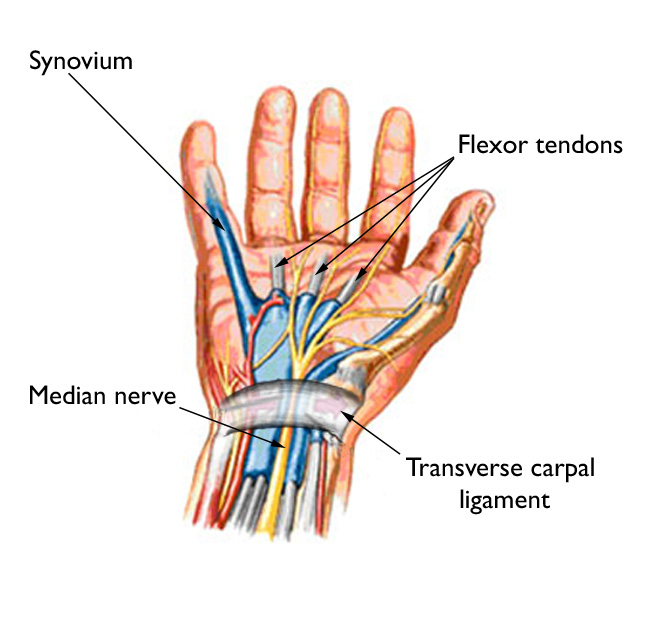No matter what industry that you work in, there are always threats that you face and it is down to your employer to provide a safe working environment. Even an office-based role has a variety of threats, such as slips, trips and falls and carpal tunnel syndrome. Unfortunately, any kind of injury sustained can have a huge impact on your wellbeing and livelihood. If the injury is a result of somebody else’s negligence, you may be entitled to make a personal injury claim. Although this will not turn back the clock, it can help to recover financial losses, help you to build towards a brighter future and it could stop future accidents from occurring. Here is what you should do after an injury at work.
Immediately Notify Employer & Get Medical Attention
As soon as you have sustained the injury you need to notify your employer and seek medical care. Even if you do not have a serious injury, you should still get a medical report and keep an eye on your injuries because often they will get worse over time. Your employer should log the injury in an accident book which details what caused the injury, what the injury is, the time and date and if there are any witnesses.
Make A Record OF Events
Once you have seen a healthcare professional, you can make your own record of events. Write down your version of events and obtain any evidence such as photographs of the accident site, photographs of your injury, witness statements and the medical report. This is also a good time to notify the Health & Safety Executive.
Protecting Yourself
You have a right to protect yourself, and this could involve leaving work if your injury is severe enough and until the area is secured. During this time, you may be entitled to Statutory Sick Pay (SSP) and potentially benefits if the injury is severe enough. If you find that the injury was due to the negligence of your employer, then it is a smart idea to make a personal injury claim which can be a straightforward process.
Making A Claim
First, you should speak to a personal injury law firm who will listen to your case and determine whether or not you have a claim. They will then pair you with someone that specialises in the injury that you have sustained. If you are making a claim for amputation, you can use solicitors that have a strong understanding of the challenges that this can bring so that they can offer help in both the long and short term. They will work to get you the maximum compensation and handle all of the negotiations on your behalf, plus many firms offer a no win no fee guarantee.
Accidents at work occur far too frequently, and they can have a lasting impact on people’s lives. If this injury was not your fault, then you should look for compensation. Although it will not change history, it can help with the costs involved in the accident and help you towards a brighter financial future.


